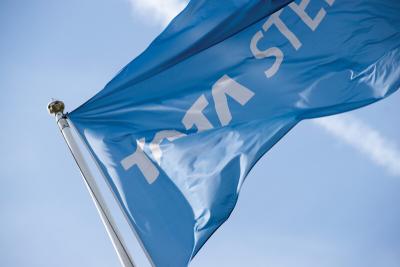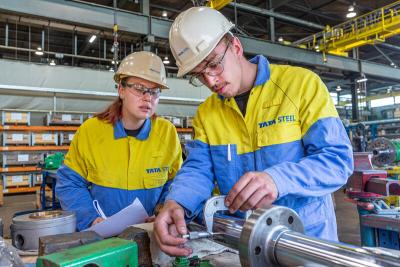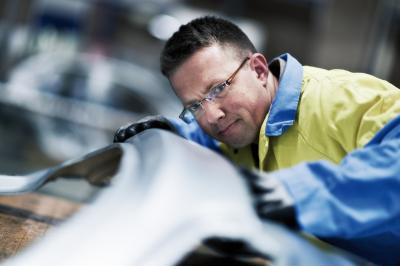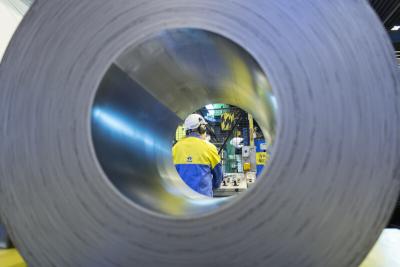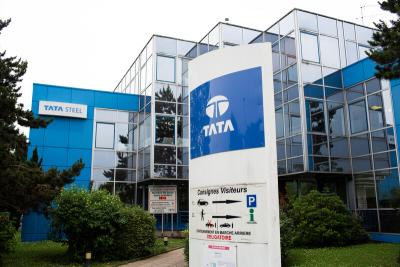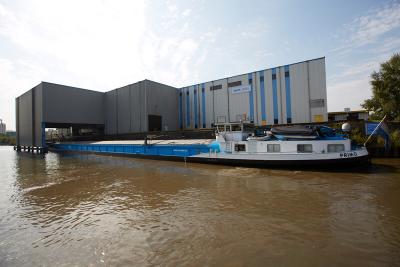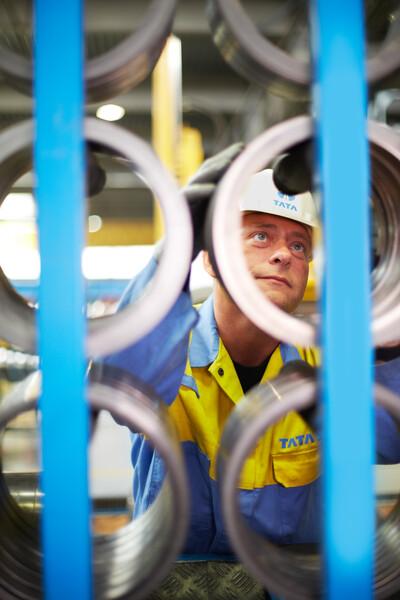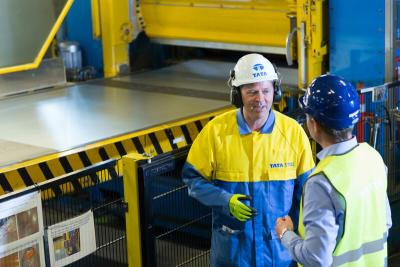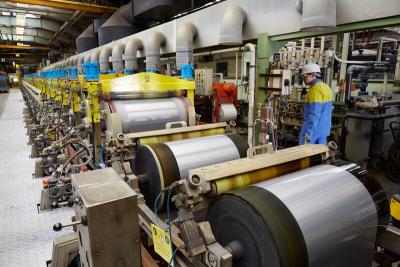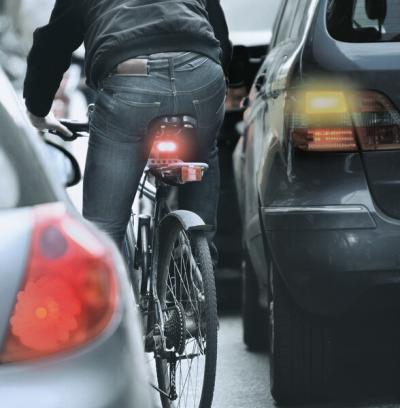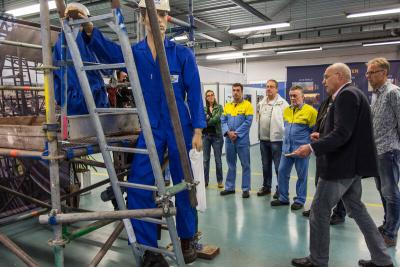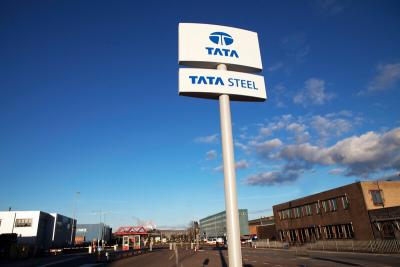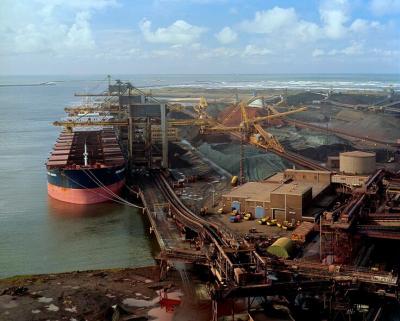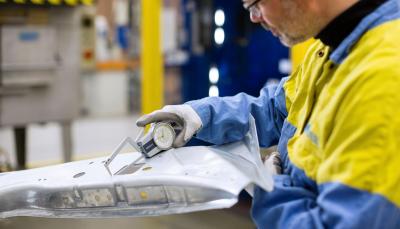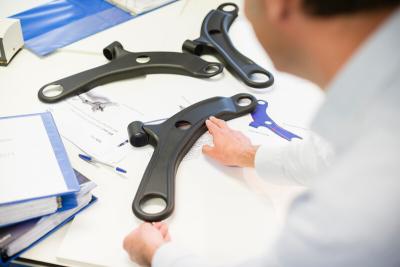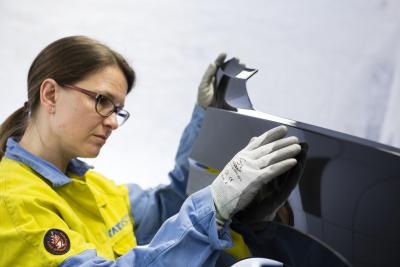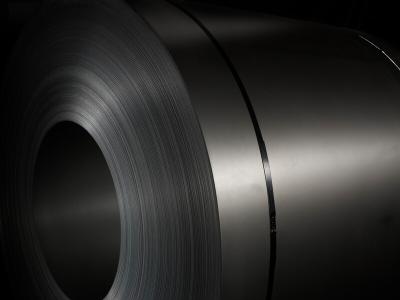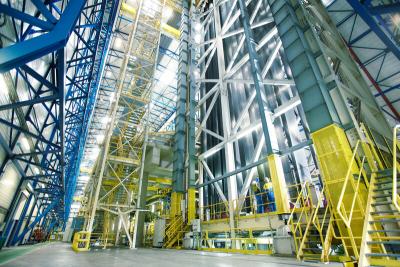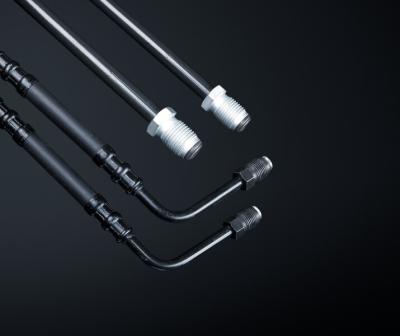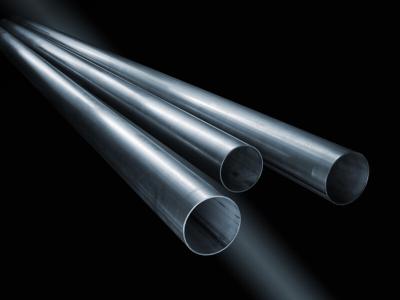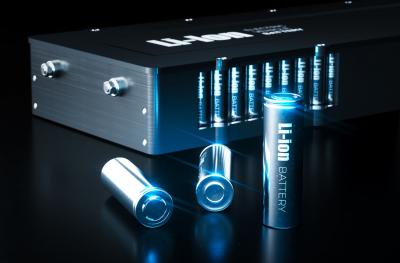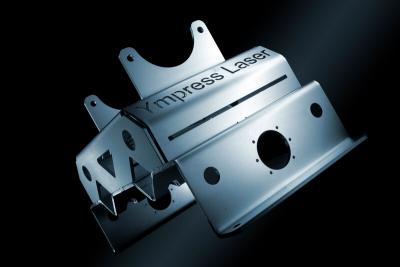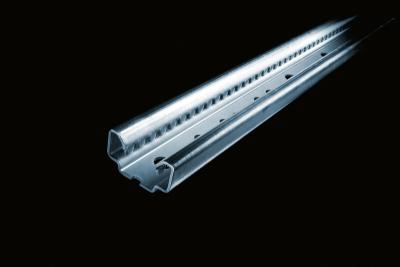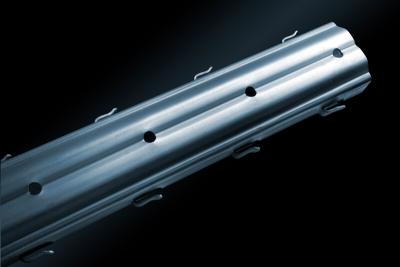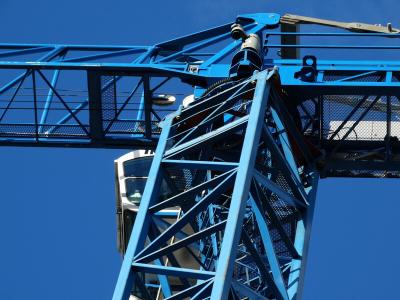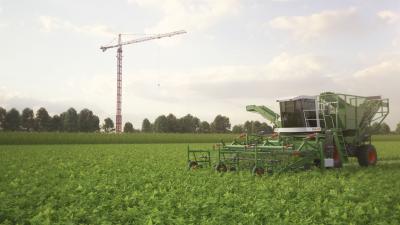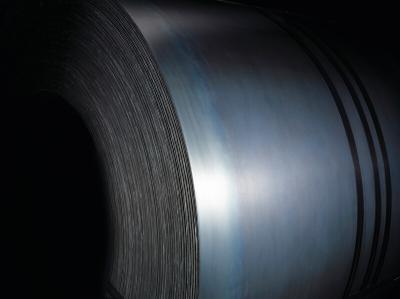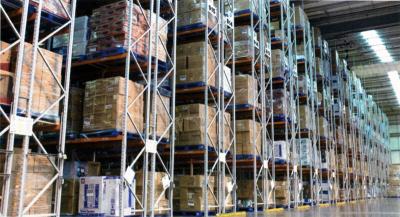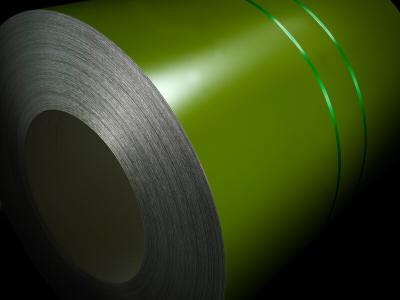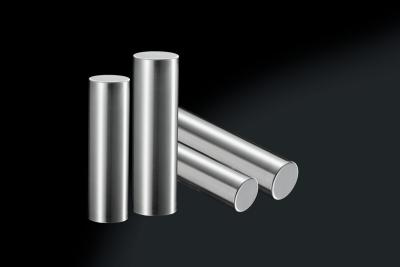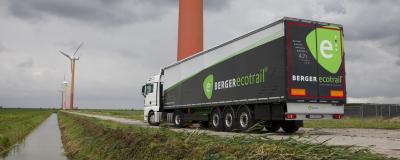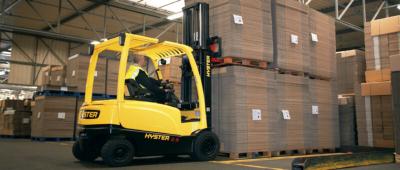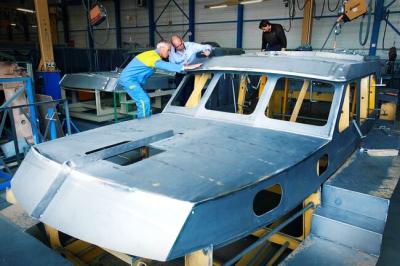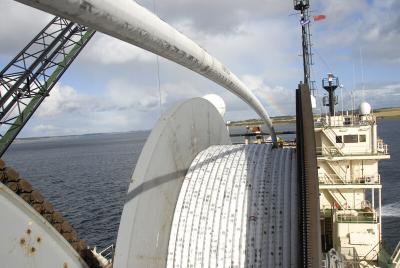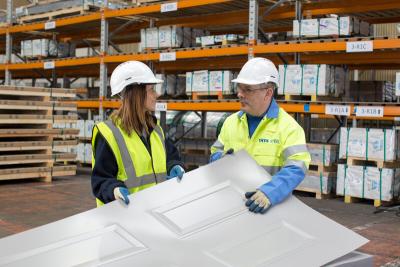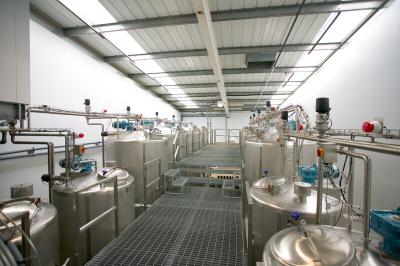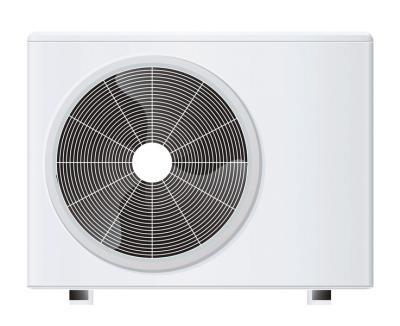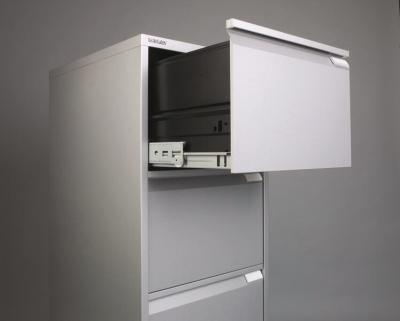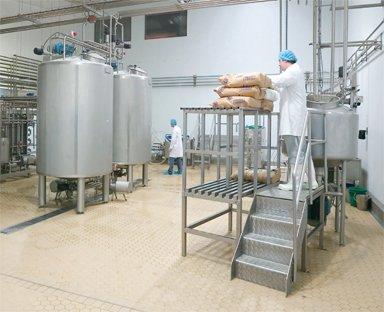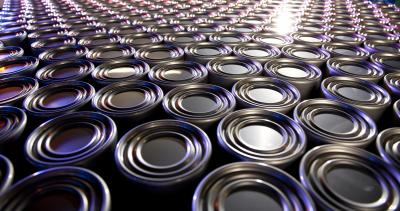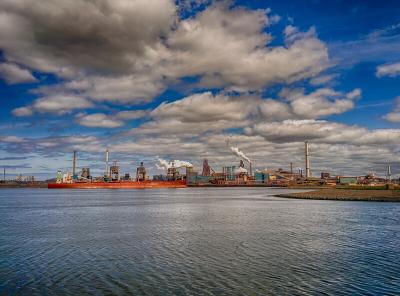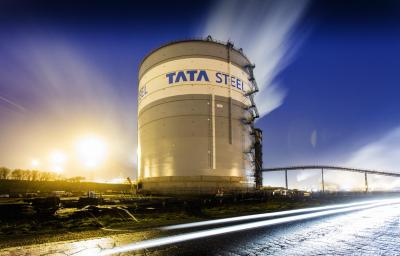1998 was a memorable year in so many ways. Who would credit that it was just 25 years ago that Google was founded?
Or the iconic film Titanic was the top grossing movie making household names of Kate Winslett and Leonardo DiCaprio; and the world was watching agog as President Clinton was impeached following the Lewinsky scandal!
Closer to home, Tony Blair was beginning to make his indelible mark on British politics; and Cher had the year’s biggest selling single with ‘Believe’.
Oh, and Tata Steel began issuing Packaging Recovery Notes – or PRNs as they are more commonly known - which are attributed to steel recycling rates.
First introduced in 1997, PRNs were designed to make business accountable for their packaging waste and are essentially a form of certification issued to all businesses (above a certain size) that produce or use packaging, or sell packaged goods on the UK market.

As an accredited reprocessor, Tata Steel, sells PRNs to obligated companies or compliance schemes which in turn use the note to ‘certify’ each tonne of packaging material recycled on their behalf.
Like Google, recycling has come a very long way over the past 25 years. Back in 1998, the steel recycling rate was just 25 per cent, yet has now more than tripled to 77 per cent.
This significant increase has been no accident but achieved through substantial investment in both a collection and recycling infrastructure, and public education on the benefits of recycling to the planet.
From the very early days of can banks (Save a Can),the awareness raising work of SCRIB (Steel Can Recycling Information Bureau), and CanRoute, a regional network of steel can collection centres set up by Corus (now Tata Steel), through to more recent campaigns, such as the groundbreaking MetalMatters, supported by Tata Steel and manged through local authorities, each has played a part.
Plus, industry-wide education campaigns such as Canned Food UK and Do it with cans; and of course, Tata Steel’s own work through schools to teach children (and teachers!) the value and ways to recycle.
Undoubtedly, PRNs have made a significant impact on increasing recycling rates with funds raised invested back into communities through, for example, the provision of packaging waste separation and sorting equipment, making it as easy as possible to recycle.
But inevitably change is afoot. EPR (Extended Producer Responsibility), when it eventually arrives, will bring change, and exactly what these will be is still less than certain.
Whatever the case though, if the next 25 years are as successful as the past as far as recycling is concerned – everyone will be a winner.



